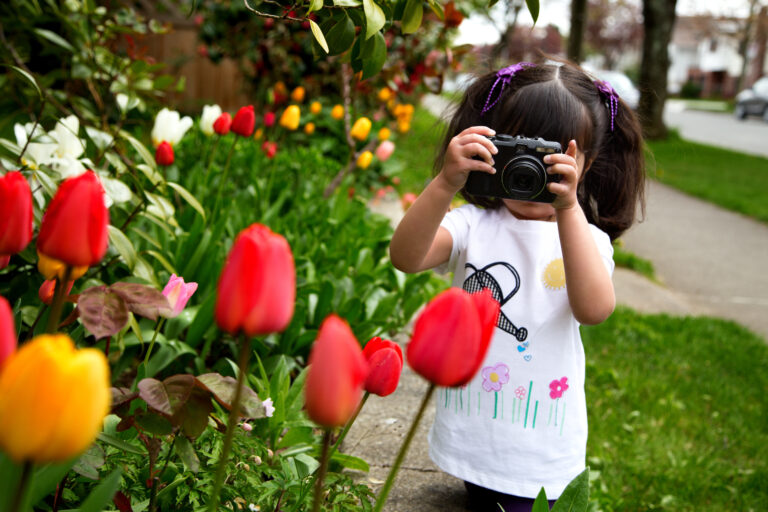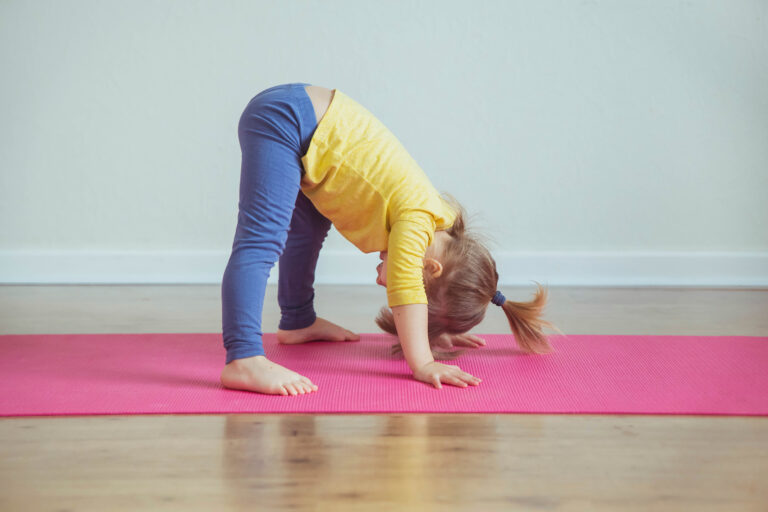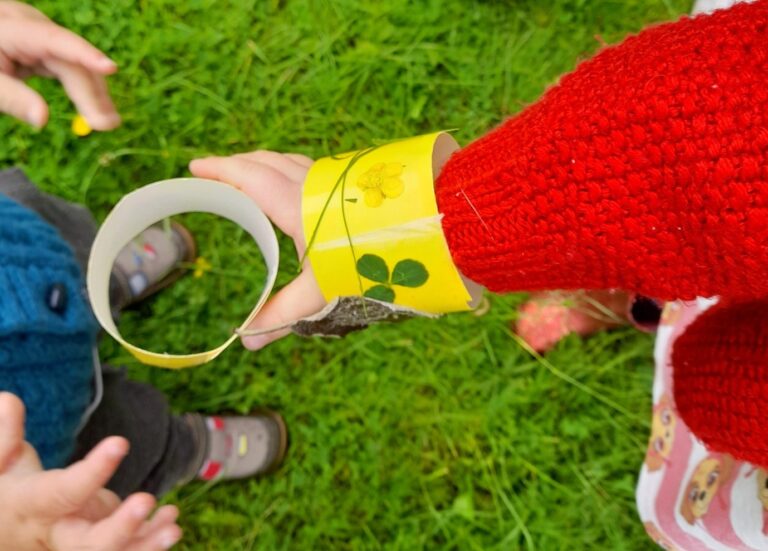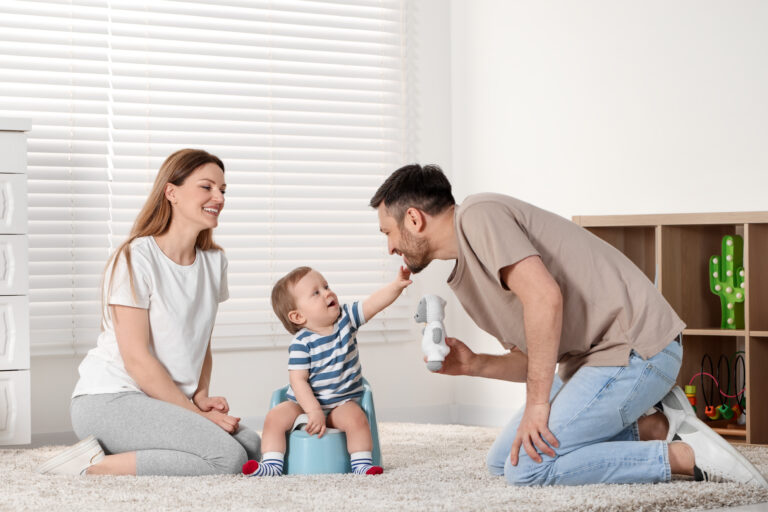We live in a world full of screens, from the smartphones in our pockets, the TVs in our homes, to tablets, laptops, PCs and games consoles, so it’s not surprising that our children become interested in them from a very early age. But when’s the right time to introduce your child to screen-based learning and entertainment, what devices should they use, and how much time should they spend using them? The answers divide parents and experts.
Too much too young?
Public Health England encourages limiting screen time and swapping time in front of the TV, tablet or computer for something active, meanwhile in Australia, Canada and the US, parents are told that children under two should have no screen time at all, and no more than an hour a day for under-fives (although the American Academy of Paediatrics last year admitted that this guideline lagged ‘behind the pace of digital innovation’). France goes further, with a ban on TV programmes aimed at under-threes.
The reason? Child development experts have found that babies and toddlers don’t learn effectively from watching a screen. They need interaction, social contact and physical play in order to develop their language and social skills and make sense of the world. In 2007, a study reported in the American Journal of Paediatrics found that the more an infant aged eight to 16 months watched television, the poorer their communication skills.
Allowing under-fives to have lots of screen-based entertainment may mean they have less time for imaginative, physical, creative and outdoor play. And as they grow up, sedentary lifestyles dominated by computers and TVs have been linked to increased risk of high blood pressure, cardiovascular disease, diabetes and back problems.
In 2013, a Public Health England report into children’s wellbeing identified a link between television viewing among under-threes and attention and hyperactivity disorders at age seven. It also reported a connection between excessive TV-watching at a young age and increased behavioural problems, aggression and feelings of loneliness in school-aged children.
The UK-based American psychologist Dr Aric Sigman, is an outspoken critic of television in childhood. He points out that, like many addictive substances, TV-watching triggers the release of dopamine, the ‘pleasure’ or ‘reward’ chemical. His writings link increased TV-viewing among young children with rises in ADHD, childhood obesity and sleep problems.
Quality, not quantity
On the flip-side, many parents discover early on that TV and other digital entertainment fascinate babies and toddlers. They’re also very convenient for keeping little ones occupied and entertained while you catch up with routine chores.
In the UK, CBeebies provides families with free, high quality, ad-free programming, websites and apps developed by educational experts and tailored to young children’s learning and developmental needs. TV characters such as Channel 5’s Peppa Pig are a ubiquitous part of pre-schoolers’ lives, found on everything from pasta to pyjamas. It’s clear that a great many households are introducing their children to screen-based entertainment before the age of two.
It could be argued that it’s the quality rather than the quantity of children’s screen time that we should be most concerned with. Interactive activities – whether a Skype conversation with Grandma, an art app specifically for pre-schoolers, or an age-appropriate Wii game played as a family – are likely to help children learn, connect and create in a way that passive TV-viewing or repetitive gaming will not.
Parenting for a Digital Future, a three-year research project being carried out by the London School of Economics and Political Science (LSE) is promoting a more balanced approach to children’s consumption of digital media. Lead academics Professor Sonia Livingstone and Alicia Blum-Ross urge a focus on ‘context and content’, arguing that “‘screen time’ is an obsolete concept” in today’s digital age, and that “advice for parents needs to move beyond an overwhelming focus on risk”.
As well as the possible negative effects of digital media on young children, this project – as well as research at other UK universities including Bristol, Bath Spa and the Institute of Education – is looking at potential benefits. Might using tablets and computer games help to develop young children’s co-ordination, dexterity and reaction times? Can the internet and online communities offer new opportunities for learning and engagement? Do digital devices promote family fun and togetherness? Do they boost children’s concentration and motivation? Do they develop storytelling skills? Can they enrich children’s lives – especially for those with special educational needs and disabilities, or living in deprived circumstances? Research is still in the relatively early stages, with many parents struggling to know what’s best for their children, or how to find a good balance between the benefits and the disadvantages of screen time.
Finding a balance
If you do decide to give your little one access to screens from a young age, how can you minimise the potential dangers and make the experience as beneficial as possible? Here are a few tips:
- Make TV-watching, apps and computer games a social experience. Look at them together and talk about what’s going on.
- Keep screen-based media in communal areas of the home where you can keep an eye on what your children are doing. Make bedrooms screen-free zones.
- Choose high quality, age-appropriate programmes. (On-demand services are perfect for this.) Save grown-up shows, including news, soaps and magazine shows, until after the children are in bed.
- Encourage your children to be discerning viewers, choosing a programme they particularly want to watch, and turning it off at the end. For games and apps, a timer or stopwatch can be useful for setting a limit.
- Check the content of programmes, apps and games before letting your children see or use them. Don’t allow unsupervised access to search engines or YouTube, where child-friendly content can lead on to something unsuitable.
- Don’t turn the TV on for ‘company’ or ‘background noise’. As well as distracting children from their play, it can distract you from interacting with them.
- Avoid exposing young children to loud or frenetic programmes and games, and violent or sexual content. Try to steer clear of adverts too.
- Aim to switch off all screens a couple of hours before bedtime. Scientists have found that the blue light emitted from electronic screens can disrupt sleep patterns by suppressing the body’s secretion of melatonin, the ‘sleep hormone’.
- Try not to get children into the habit of snacking or having meals in front of the TV or computer. Eating while distracted makes us more likely to overeat.
- Have screen-free times for the whole family, for example during meals and at bed-time. Make sure your children aren’t continually having compete for attention with your own digital media use!
- If necessary, make use of parental control and screen-time limiting software and apps.
- If you frequently find yourself using the TV or tablet as a babysitter, try to come up with some alternative ways of keeping your children occupied. How about a den under the table, dolls’ tea party, train set or garage, puzzles, sticker-books, construction toys, story CDs, dressing up, Lego, a giant cardboard box, shaving-foam play, dancing, board games, skittles, a baby treasure basket… the list is endless. Why not ask your child for ideas?
Staying safe
As your child grows up, you don’t just need to be mindful of the impact of digital media on their health and development, but also their safety. Today’s technologies expose our children to all sorts of risks we never had to deal with in childhood, from privacy and security issues to cyberbullying and online grooming. Talk to your child about keeping their personal details safe, and discuss the need to be careful about what they share and who they chat to online.
There are some excellent online resources to help you which we have included below.
Useful websites
Parenting for a Digital Future
Further reading
Associations between Media Viewing and Language Development in Children Under Age 2 Years
Public Health England: How healthy behaviour supports children’s wellbeing
Written for the Early Years Alliance by Elyssa Campbell-Barr.










